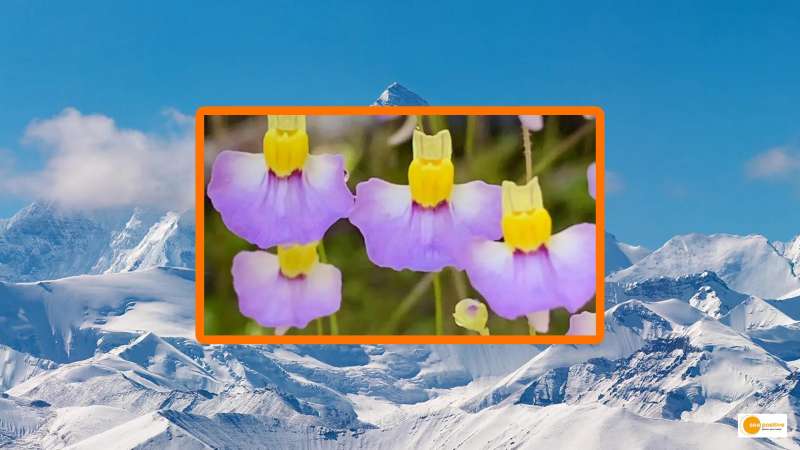

According to a senior official, Utricularia Furcellata, a highly uncommon species of carnivorous plant, has been discovered for the first time in the western Himalayan region.
According to Chief Conservator of Forest (Study), Sanjiv Chaturvedi, the discovery of the rare species was made by a research team from the Uttarakhand Forest Department in the beautiful Mandal valley, which is part of the Chamoli district. He declared that it was the first time the plant has been seen in the entire western Himalayan region, not just in Uttarakhand.
Discovery has been published in the prestigious ‘Journal of Japanese Botany’
The discovery by the Uttarakhand forest department team consisting of Range Officer Harish Negi and Junior Research Fellow Manoj Singh has been published in the prestigious ‘Journal of Japanese Botany’, a 106-year-old journal on plant taxonomy and botany which is considered to be one of the finest in the field, Caturvedi said.
It is a proud moment for the Uttarakhand forest department as it is the first discovery by it which has been published in the prestigious journal. The discovery was part of a project study of insectivorous plants in Uttarakhand. This carnivorous plant belongs to a genus which is commonly known as bladderworts, Chaturvedi stated.
“It uses one of the most sophisticated and developed plant structures for trap and the targets range from protozoa to insects, mosquito larvae and even young tadpoles,” he said.
About carnivorous plant mechanism
Its operation is based on a mechanical process by creating a vacuum or negative pressure area, to draw prey inside the trap door. Carnivorous plants are found mostly in fresh water and wet soil. They have a completely distinct manner of arranging food and nutrition through intelligent trap mechanisms, as compared to the photosynthesis mode of normal plants.
Carnivorous plants which generally grow on poor nutrient soil have aroused new interest in the scientific community across the world because of their potential medicinal benefits, the official said.


